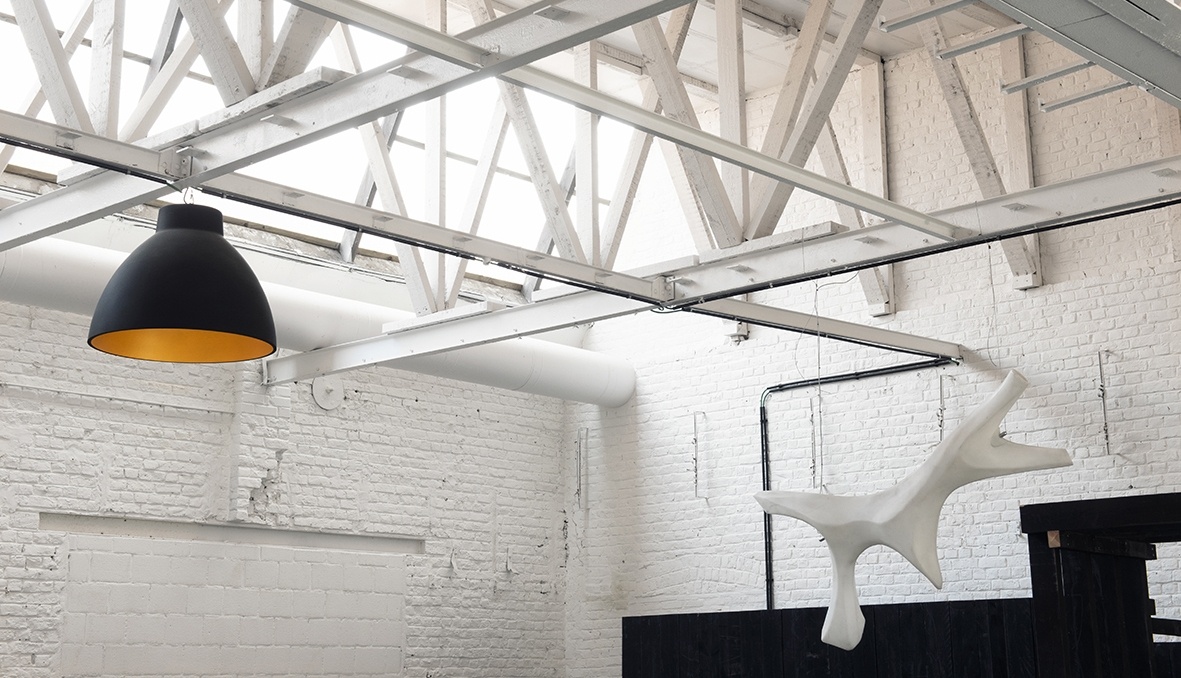#08 - Heat Pump, Condensing Boiler, or Something Else? Architect Willem Devos Explains.
Heat Pump, Condensing Boiler, or Something Else? Architect and Co-founder of Cobras Architects, Willem Devos, explains:
Since January 1, 2025, new homes in Flanders can no longer be connected to the natural gas network. Does this mean the heat pump is the only option?
Willem Devos:
"That is a common assumption, but at Cobras Architects, we don’t believe in one-size-fits-all solutions. A heat pump is often a great choice, especially for well-insulated new constructions. However, in renovation and repurposing projects, things are more complex. Not every building is suited for low-temperature heating, and we must always critically assess the overall energy impact."
For new constructions, a heat pump is often the logical choice due to mandatory energy efficiency standards. In renovations, this is less straightforward. Traditional radiators operate at high temperatures and are often incompatible with heat pumps without significant modifications. This can result in higher investments and a longer payback period, with no guaranteed energy savings.
How does Cobras Architects help clients make the right choice?
Willem Devos:
"We evaluate each project individually, considering the existing situation. We help our clients understand how their heating system impacts both their energy consumption and budget."
To make an informed decision, we assess the energy performance of the building. Key metrics like COP (Coefficient of Performance) and SCOP (Seasonal Coefficient of Performance) play an important role. COP measures how much heat a heat pump delivers per unit of electricity under ideal conditions. SCOP evaluates the efficiency over an entire heating season, providing a more realistic picture of actual performance. The higher the SCOP, the more efficient the system.
What does Flemish regulation say about this?
Willem Devos:
"For new constructions, natural gas and fuel oil are no longer allowed, and heating systems must achieve at least 130% efficiency. Renovation rules are different: condensing boilers are still permitted, but financial support for them has been reduced. The government encourages the transition to heat pumps through subsidies, but that doesn’t mean they are always the best option."
Flanders is firmly committed to the electrification of heating, offering financial incentives for those switching to heat pumps. However, the downside is that a heat pump is not always the most cost-effective or ecological solution for existing buildings. The best approach is to look at a building’s entire energy system, not just the heating installation.
What is the architect’s role in this discussion?
Willem Devos:
"Our job is not just to design beautiful buildings, but to make them smart and sustainable. That means critically evaluating heating systems instead of simply following trends. What works for one home may not be the best solution for another project."
An architect must look beyond just the heating installation. How well is the building insulated? What heating systems are already in place? Is investing in a heat pump both ecologically and financially responsible? These are the questions we need to answer. Ultimately, it’s about taking an integrated approach where sustainability, architecture, and comfort come together.
Do you have any final advice for those starting a construction or renovation project?
Willem Devos:
"Get informed and think beyond the initial installation cost. What is the long-term impact, both financially and ecologically? At Cobras Architects, we guide our clients in making these decisions, ensuring they end up not only with an energy-efficient home but also with a home that truly suits their needs."

